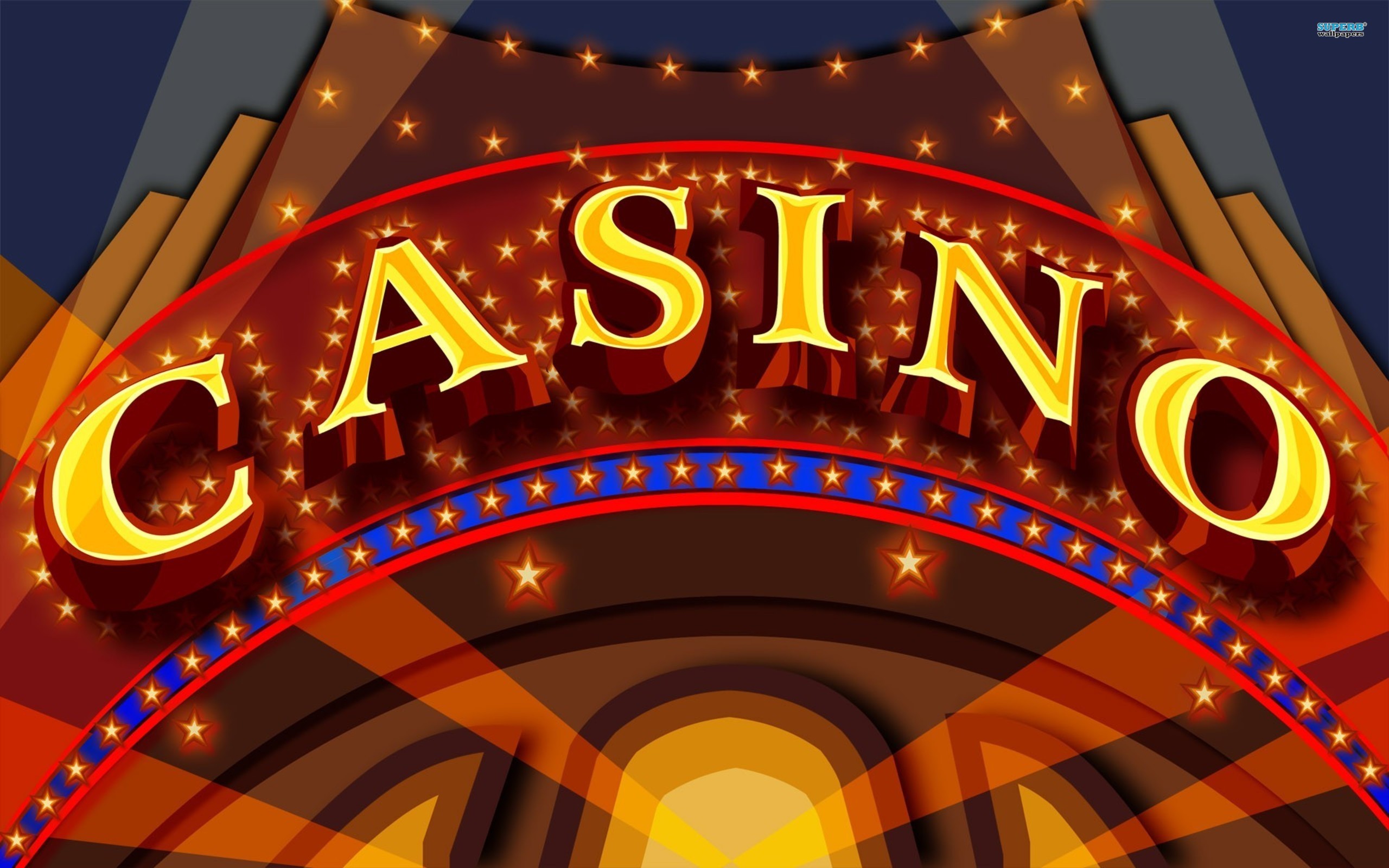
Gambling games have enthralled enthusiasts for centuries, pulling them into a universe of adventure, chance, and wealth. From the flashing lights of video slots to the strategic action of poker games, these games offer a unique combination of amusement and exposure. However, underneath the shiny exterior of this glamour and style lies a complex relationship of math that shapes every result and choice made within the gambling establishment.
Understanding this relationship between gaming activities and numerical principles not only boosts the gambling experience but may also help participants make knowledgeable selections. Whether you are a recreational gambler or a passionate follower, recognizing the numerical strategies at play can offer insightful insights into probability, odds, and tactics, eventually shaping how one deals with these games of luck.
Statistical Probability in Gambling
In the realm of casino games, statistical probability plays a vital role in determining outcomes and informing gambler decisions. Every game has a unique set of regulations and a specific probability framework that affects its mechanics. For example, in games like the roulette wheel, players must grasp the probabilities of landing a certain number or color. The probability of specific events happening can be calculated, and this knowledge can significantly affect betting strategies.
Gambers also need to be cognizant of the casino edge, which is the mathematical benefit that casinos hold over gamblers in the long run. This advantage varies across different games. In 21, expert players can use tactics to reduce the house edge to as little as one percent, while in games like slots, the house edge can be significantly greater. MCW77 Comprehending the house advantage allows gamblers to make informed decisions about which activities to participate in and the amount to bet.
Additionally, likelihood is fundamental in the principle of danger versus gain in gambling. Each wager carries a particular danger factor, and gamblers must consider the possible payout against that danger. Activities like the poker game require gamblers to not only compute the odds of their own showing winning but also to evaluate the likelihoods of their rivals’ showings. By utilizing mathematical concepts to their gameplay, players can enhance their odds of success and participate more effectively in the thrilling world of gambling games.
Expected Value in Gambling Activities
When discussing gambling games, one of the fundamental concepts rooted in mathematics is the anticipated worth. This statistical measure helps gamblers understand the possible outcomes of their bets over time. In basic terms, expected value (EV) determines the average amount a gambler can expect to win or suffer per bet if they were to play the game many times. Each game has its own EV, affected by the odds and the casino advantage, which signifies the advantage that the gambling establishment holds.
For instance, think of a activity like roulette. The expected worth can be calculated based on the particular bet made. If a player bets on a individual number, the payout is 35 to 1, but the true odds of success that bet are 1 in 37 (in Euro roulette). This results in a detrimental expected value, showing that, on the whole, gamblers will lose money over time when playing this type of wager. Grasping this idea allows gamblers to make better informed choices about which games and wagers may be more favorable.
Furthermore, the exploration of anticipated value can lead to improved money management. Players who comprehend the mathematics behind their activities are often able to set realistic expectations. By recognizing their possible deficits and profits, they can adjust their playing strategies appropriately, which may improve their total gaming experience. As a result, anticipated worth serves as a crucial tool for both beginner and experienced players to navigate the often volatile nature of gambling activities.
Approaches and Odds: The Arithmetic Behind Winning
In gambling games, understanding the odds is crucial for gamblers attempting to boost their opportunities of winning. Each game has its own specific set of chances that determine winning performances, and these statistics are often found in the rules of the game regulations or reward charts. For instance, in activities like 21, players can enhance their odds through strategies such as counting cards, which is based on arithmetic concepts to gain an edge over the casino. By familiarizing themselves with the chances, players can make more informed decisions on when to bet and when to quit.
Additionally, the idea of expected outcome plays a major part in gambling strategies. Average outcome determines the typical outcome of a stake over time, allowing participants to assess whether a specific stake is justifiable taking. For example, video slots have a set return percentage, which can suggest the average payout a player can anticipate on their stakes. By selecting activities with greater average outcomes, players can lessen the house advantage, enhancing their future winnings in the over time.
Lastly, successful participants often adopt a mix of luck and mathematical strategy to boost their gaming experience. While luck is uncontrollable, managing a staking plan based on mathematical insights can lead to more positive results. By making use of techniques such as bankroll management and picking games, participants can leverage mathematics to handle the volatile nature of gaming, making the most of their efforts and money at the tables.
